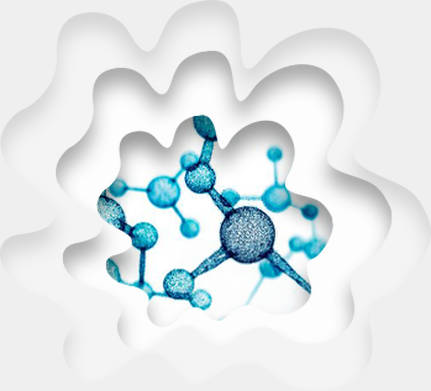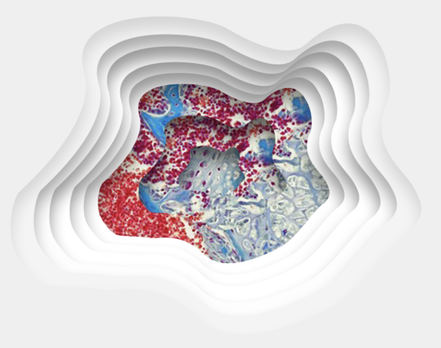If the world is going through the COVID-19 pandemic, researchers are going through that and more. Yes, I am talking about the infodemic — the deluge of (mis)information about the pandemic!
On November 19, 2020, I attended a special virtual event organized by the Australasian Medical Writers Association (AMWA), aptly themed “Medical Writing and Communication During the COVID-19 Crisis.” The panel for the two-hour event included, Professor Mary-Louise McLaws, World Health Organization advisor on the COVID-19 response; Professor Nicholas Talley, Editor-in-Chief of the Medical Journal of Australia (MJA); Professor Ginny Barbour, Director, Australasian Open Access Strategy Group (AOASG); Dr Holly Seale, Senior Lecturer at the School of Public Health and Community Medicine, University of New South Wales (UNSW); and Sophie Scott, ABC medical reporter.
The event started with a brief overview of Australia’s response to the COVID-19 pandemic. This was followed by a deep dive into the impact of the pandemic on misinformation, journal publishing, preprints, open access, and data accuracy, with a view on public perceptions and human behavior.
Having transitioned from academia to medical writing during this pandemic, I looked forward to this event with much enthusiasm, hoping to gain some clarity on some of the questions that were looming in my head, thanks to the pandemic! And this event delivered that clarity in spades!
Here are some of the highlights and my personal top 3 key takeaways from the event.
Infodemic, the bigger pandemic
“Tell people what you know. Tell people what you don’t know, and tell them what they can do to stay safe.” — Professor Mary-Louise McLaws, World Health Organization advisor on the COVID-19 response
The topic that commonly resonated in all the presentations was the impact of the COVID-19-related infodemic on medical writing and publishing. Now, more than ever, there is an increased need to have systems in place to ensure that the right information is shared, and in the right manner. The event speakers discussed the role of medical writers in this scenario and the opportunities presented by the infodemic:
- Medical writers need to fact check data with all stakeholders, interrogate and interview sources and experts, and use the process of triangulation to increase the credibility and validity of data.
- With the pandemic bringing in information that is new to everyone in various capacities, it is vital for science communicators to place importance on what people need to hear and to educate them, rather than publishing clickbait headlines.
- The pandemic may have caused a sense of urgency to disseminate new information; however, principles pertaining to data integrity will always remain the same. It is, therefore, important to trust traditional sources like journals with stringent peer review processes and verify the accuracy of all new data before it is shared.
Publications and preprints: expectation versus reality
“Preprints have been subject to particularly polarized discussion during the COVID-19 pandemic, with both positive and negative aspects brought to light. Preprints enable researchers to disseminate important research quickly and accessibly so that others can build on their findings and perhaps collaborate. However, without peer review and editorial scrutiny, some findings might be entirely unreliable and even dangerous for public health.” — The Lancet. Editorial. September 2020.

When the pandemic hit, most medical journals expected to see a dip in the number of submissions. However, in reality, many high-impact journals have reportedly seen considerable increases in submissions during the pandemic. While submissions continue to increase, some high-impact journals have also received criticism for an apparent decrease in quality of publications, and the consequent higher number of retractions, as compared to the pre-COVID-19 era. In a case-control study assessing the quality of evidence of COVID-19 publications compared to non-COVID-19 publications in three highest ranked scientific medical journals (New England Journal of Medicine, Journal of the American Medical Association, and Lancet), the authors concluded that the quality of COVID-19 publications in these journals was below their average quality. The pandemic has highlighted caveats in peer review and preprint policies, underscoring the need for journals to strengthen their pre-publication peer-review processes and for preprint servers to reevaluate their policies, to ensure the reliability of published information. For example, the MJA has revised its preprint policy to allow only peer-reviewed papers to be added to their preprint database.
Language matters
Research shows that individuals’ personal perception of risk is shaped by what they read or hear in the media. Dr Seale emphasized how harmful misinformation can be and underlined the importance of the language of communication and the data sources used in driving the audience’s response. Specifically, the use of certain phrases such as “race towards a vaccine” and “moving at warp speed” could be misinterpreted to mean that clinical trials are being rushed through without adherence to standard best practices, undermining the readers’ trust in robust vaccine development protocols.
The onus is on science communicators in various capacities to enable the public with reliable information, disprove myths, and challenge any new information before use.
While the infodemic might pose many challenges to data accuracy, it is also important to keep in mind that scientific truth is a moving target and that uncertainty comes with the territory. This is the time for science communicators to step up and help drive perceptions and beliefs with their skills.
I was certainly impressed by the depth of information presented by each of the speakers. This session has definitely challenged some of my own perceptions and has prompted me to reassess how I approach new information. I truly believe that even amidst all the challenges posed by the pandemic, the future of medical writing is bright and filled with opportunities.
Share this post
About the author

Shruti Muralidharan
Shruti Muralidharan is a scientific writer at Cactus Life Sciences.













